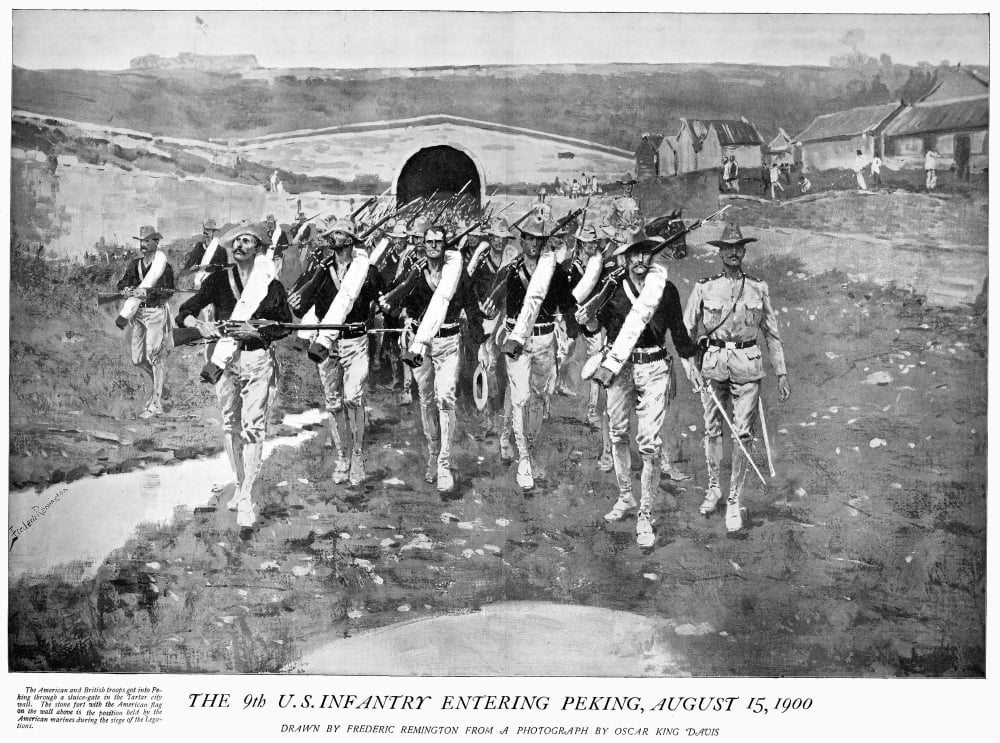
It took place from 1899 to 1901, during the Qing. In fact, Empress Dowager Cixi and her government fled on August 15th. The Boxer Rebellion is defined as a quasi-populist, religious, and social rebellion that took place near the end of the era of dynasties in China. Regardless, with the arrival of the foreign armies, the Boxer Rebellion ended. As well, it is estimated that as many 33,000 Chinese Christians were killed in the assault. For instance, during the Boxer Rebellion there were many deaths reported, including 136 missionaries and 47 Catholic priests and nuns. The foreigners suffered terribly during the siege and most barely survived the attacks during the Boxer Rebellion. The forces of the Eight Nation Alliance arrived on August 14th and put an end to the Siege of the International Legations in the Chinese capital. At its core, the rebellion was a grass-roots movement that sought to expel the unwanted influence of Western.

After fighting against and defeating the Chinese Imperial Army, the forces of the Eight Nation Alliance made their way to the city of Peking. The Boxer Rebellion was a militant uprising within China that lasted from 1898 to 1900. For instance, each of the following participated in repelling the Boxer Rebellion and attack on Peking: Germany, Japan, Russia, Britain, France, the United States, Italy and Austria-Hungary. The attack on the foreigners in Peking led to the creation of the Eight Nation Alliance, which was a force of approximately 45,000 troops from eight powerful western nations. As such, by the end of the 19th century, much of China was under the influence of foreign nations. Each of these conflicts led to the western powers gaining more influence over China, especially in relation to trade.
#THE BOXER REBELLION SERIES#
These spheres of influence were established through a series of conflicts that included the First Opium War, Second Opium War and First Sino-Japanese War. For instance, by the time of the Boxer Rebellion, the following nations all had major ‘spheres of influence’ in China: Britain, France, Germany, Japan and Russia. During this time, the western powers imperialized large sections of Africa and Asia, including China.

The major European powers (Britain, France, Germany) expanded their vast empires across the world throughout the 19th century in an event that historians refer to as the Age of Imperialism. The first main cause of the Boxer Rebellion was the expansion of the western powers into China throughout the 19th century. When the Eight Allied Nations quelled the uprising, the last door to the innermost workings of the.

The Boxer Rebellion was caused by several factors, including: western expansion in China, growing Chinese views on anti-imperialism and poor weather conditions. The Boxer Rebellion had a tremendous impact on Beijing.


 0 kommentar(er)
0 kommentar(er)
